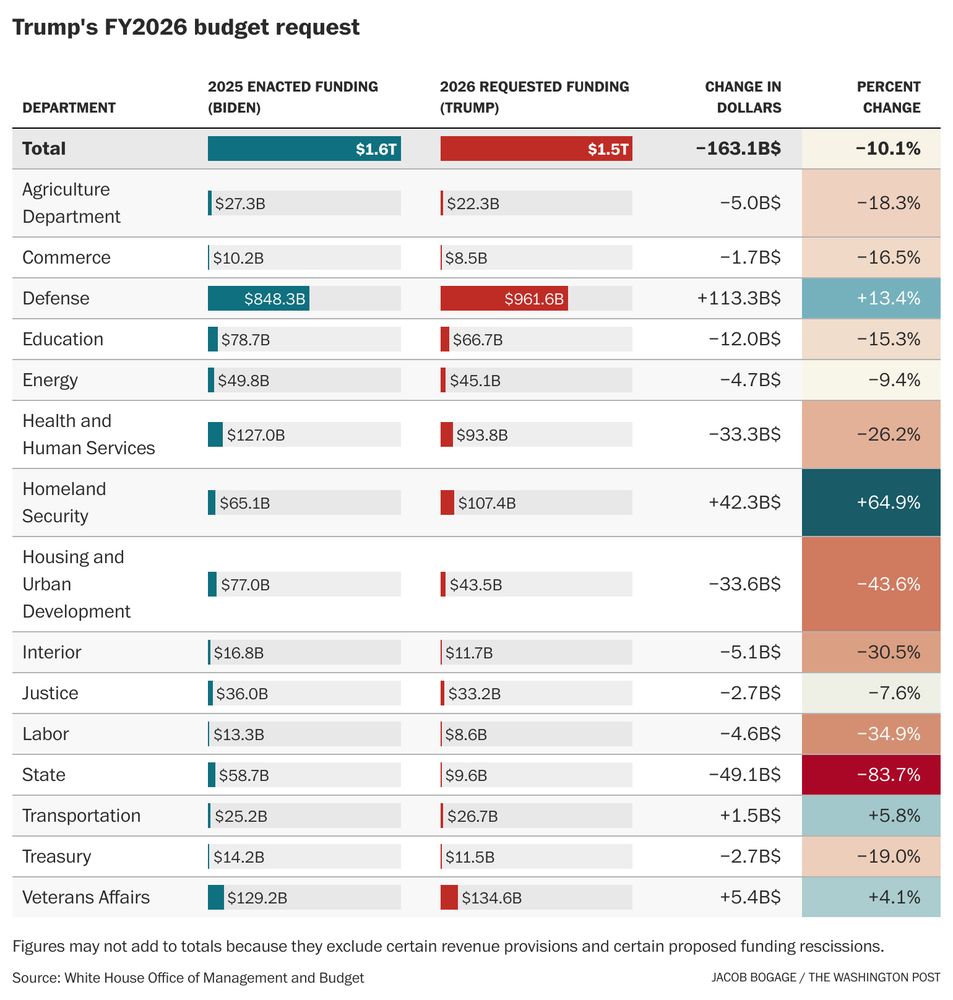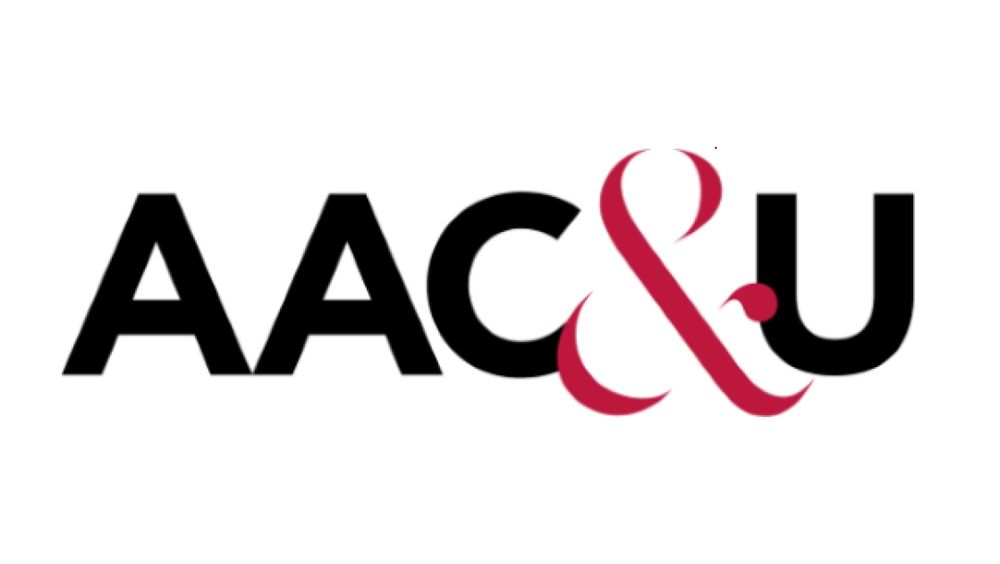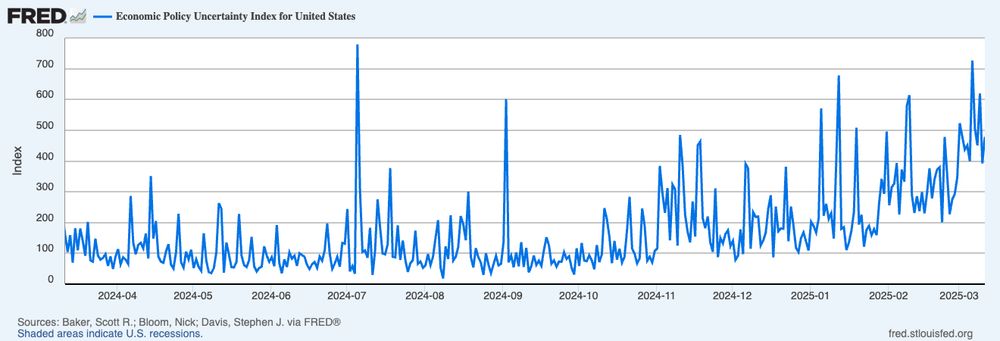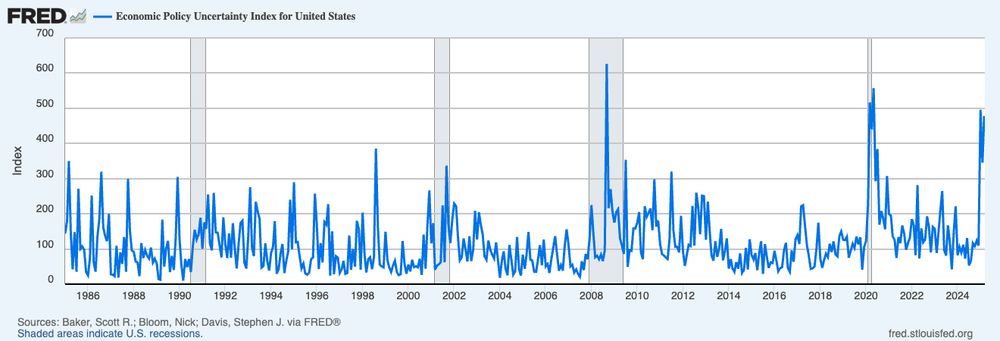Jesse Rothstein
Economist, public policy wonk, professor at UC Berkeley, faculty director of California Policy Lab & Center for Studies in Higher Education
- This is horrific.
- Implement a 100% tariff and ruin a movie. Born on the Eighth of July
- [Not loaded yet]
- The Bourne Inequality Two Hobbits The Penultimate Jedi
- So this chart, and every other chart I've seen, shows a $163b cut in the topline spending, but then the breakdown adds up to a substantial net increase. So where is the cut coming from that doesn't show up in the breakdowns?
- [Not loaded yet]
- Thank you! It seems like that should be in the headlines.
- [Not loaded yet]
- Could you expand on that?
- Here's another one: bsky.app/profile/fisc... What is missing here?
- This DOGE Impact Tracker looks really useful - more like this please! And support @capitalandmain.bsky.social - they are a great newspaper.
- This gets at a pet peeve of mine. I am convinced that schools should have reopened earlier after COVID. But the passive voice imperative is not policy analysis. Schools reopening required teachers to teach. Without a reason why *they* should have done that, it is just wishful thinking.
- I’m proud to see UC Berkeley on this list.
- The presidents of 200 US colleges declare: "As leaders of America’s colleges, universities, and scholarly societies, we speak with one voice against the unprecedented government overreach and political interference now endangering American higher education." Good! www.aacu.org/newsroom/a-c...
- Reminder: please consider applying to our education researcher position!
- Researcher focused on education? Join our team! The Center for Studies in Higher Education and the California Policy Lab are hiring a Researcher for the California College Data and Policy Project: capolicylab.org/careers/rese... @berkeleycshe.bsky.social
- We now get to decide whether the writ of habeas corpus, which has bound kings and presidents for over 800 years, still applies.
- [Not loaded yet]
- Every voice belonging to anyone who believes in the rule of law should be calling for impeachment.
- Today is the 62nd anniversary of the writing of the letter from Birmingham jail. It is well worth rereading: www.csuchico.edu/iege/_assets...
- There’s a historical aspect of the Trump administration’s attack on universities that I think has not been appreciated: Their legal theories are based on a perversion of one of the greatest legal accomplishments of the American project - school desegregation. 🧵 1/
-
View full threadFederal funding for segregated districts violated the Equal Protection clause, so the withholding of funds was arguably constitutionally required. There is room to disagree with how universities handled Gaza protests, but there is no sense in which it was a violation of Equal Protection. 9/
- One more thing: The desegregation project remains woefully incomplete - there is much more work to be done to rectify the historical wrong. Those of us who believe in the American project need to continue to stand up for the work of DEI, and push back against the effort to eradicate it.
- [Not loaded yet]
- Yes, absolutely. Even if the legal theory held water, the way they are going about it is totally lawless.
- See, for example, Tyler Cowen’s reference to Harvard’s response as “libertarian, pre-1964 stuff” - he’s saying that Harvard resisting the administration’s demands is the same as recalcitrant school districts that refused to desegregate. marginalrevolution.com/marginalrevo... 7/
- This is a perversion of the American idea. A demand that universities harshly police speech in the name of fighting antisemitism is simply *not the same* as a demand that schools desegregate. 8/
- To the extent that the administration’s attempts to cut off funds to universities it doesn’t like are not completely lawless (and they mostly are), they are grounded in a theory that Title VI of ESEA allows them to cut off funds to universities that are not adequately protecting Jewish students. 5/
- That is the same title that was used to force school desegregation. So this is a win-win for the admin - their argument is that either they can punish Harvard, Columbia, …, or the use of federal power to force desegregation was illegitimate all along. 6/
- It wasn’t until the mid/late 1960s that the federal government got serious about school desegregation. This was a combined project of Congress, President Johnson, and the courts. A key part of that project was the Elementary and Secondary Education Act (ESEA) of 1965. 3/
- ESEA gave the administration a stick to enforce school desegregation: Federal funds could be withheld from districts that didn’t desegregate. And that, combined with the Civil Rights Act of 1964 and a court decision (Green v New Kent) finally got desegregation moving - a full decade after Brown. 4/
- The Supreme Court ruled that separate-but-equal education was unconstitutional in 1954, in Brown v. Board of Education. But it didn’t put teeth in the decision, and most districts ignored the mandate to desegregate. 2/
- @bencasselman.bsky.social has been doing a great job making clear that the Trump tariffs will be economically disastrous. There is no real ambiguity here. When the recession hits and the US’s leading export industries are destroyed, it will be important to remember that Trump chose this.
- The lesson of the "China shock" isn't actually about trade. It's about how hard it is for workers and communities to adapt to rapid economic changes. Now Trump is trying to reshape the global economy overnight, with potentially devastating consequences. #EconSky www.nytimes.com/2025/04/11/b...
- A second new position at @capolicylab.bsky.social - this one for a research manager for our criminal justice work.
- Here’s the position I posted a few days ago, for an education researcher: bsky.app/profile/capo...
- Researcher focused on education? Join our team! The Center for Studies in Higher Education and the California Policy Lab are hiring a Researcher for the California College Data and Policy Project: capolicylab.org/careers/rese... @berkeleycshe.bsky.social
- We are hiring an education researcher to join the @capolicylab.bsky.social and @berkeleycshe.bsky.social teams. You'll work on projects using administrative data relating to California higher education. Here's more information: capolicylab.org/careers/rese...
- Researcher focused on education? Join our team! The Center for Studies in Higher Education and the California Policy Lab are hiring a Researcher for the California College Data and Policy Project: capolicylab.org/careers/rese... @berkeleycshe.bsky.social
-
View full threadThis is a non-tenure-track research position-no teaching responsibilities, just research. You'll work with me, @jrlacoe.bsky.social, @zbleemer.bsky.social, and the broader CPL and CSHE teams. This could be a good fit for someone making an unplanned transition out of government or a research firm.
- Apply now! @ me with any questions.
- The researcher will be part of our new California College Data and Policy Project. See some examples of ongoing projects here: cshe.berkeley.edu/research/cal... You'll be involved with these projects, and also have a chance to start your own.
- Six weeks ago I predicted a very negative March jobs report. That report comes out Friday. I no longer think that we will see massive job losses in that report. I still think a recession is coming (and the markets seem finally to be coming to agree with that), but not as quickly as I first thought.
-
View full threadI think the same has probably happened with federal contractor layoffs - people are getting at least a bit of warning, which kept them on the payroll through early March and thus in the March job counts. Those jobs will be lost eventually, but they won't be counted yet.
- I should add that @marthagimbel.bsky.social, in particular, objected to my earlier claim. I owe her a dinner as a result of her prescience.
- There are two reasons we won't see the anticipated big federal job losses in March: 1) When workers have been fired, they haven't necessarily been removed from payroll immediately. Some have been paid out for a couple of months. Those still count as jobs. 2) Judges have reversed many firings.
- I did an interview this morning with KQED, the SF public radio station, about why the Trump Administration has made it necessary for universities like the University of California to impose hiring freezes, and how it threatens U.S. leadership in science. omny.fm/shows/kqed-s...
- I signed this letter. Please consider signing as well. Key sentence: "we are united in denouncing, without equivocation, anyone who invokes our name – and cynical claims of antisemitism – to harass, expel, arrest, or deport members of our campus communities." docs.google.com/document/u/1...
- [Not loaded yet]
- I had to cut the sentence about who they are asking to sign to fit the character limit. But the first sentence of the letter is "We are Jewish professors, staff members, and students from universities across the United States." If that doesn't describe you, don't sign!
- [Not loaded yet]
- [Not loaded yet]
- Yes. But we won’t see that until several weeks from now.
- [Not loaded yet]
- I haven’t dug into all of the component measures, but two of them are initial and continuing UI claims. The most recent initial claims data are for week ending 3/1 (or earlier if they aren’t using the advance series). Continuing claims are for week ending 2/15.
- [Not loaded yet]
- Sure. Nor do I. But it seems relevant that basically none of the high frequency measures are high frequency enough to tell us about the last 3-4 weeks.
- Tagging @justinwolfers.bsky.social
- For what it is worth, I'm no longer as confident as I was a few weeks ago that we'll see massive federal job losses in the March report (released Apr. 4, covering the current pay period). Many fired workers may remain on the payroll for a month or more after being fired.
- The big ? is about private hiring. All federal workers, and many private workers, must be thinking hard about how long their savings will last if fired, & cutting consumption accordingly. And what firm would invest in new capacity w on-again, off-again tariffs swinging +/- 25% each day? /fin
- Baker et al. argue "policy uncertainty retards investment, hiring and growth in policy sensitive sectors like defense, healthcare and construction, and these sectors are important enough for policy uncertainty to matter at the aggregate level" www.policyuncertainty.com/media/BakerB...
- Do I know that we are in a recession, or heading into one? No - no one does. But there is good reason to think we may be, and data from January and February indicating things were good then tells us nothing either way about that.
- 1. Layoffs of federal workers -> higher unemployment, reduced consumption & thus demand 2. Cuts to federal contracts -> same 3. Tariffs & trade wars will hammer exports 4. Increases in uncertainty are terrible for business - better to sit on cash in uncertain times. All of this got going in mid Feb.
- Here is Baker et al.'s economic policy uncertainty index, showing a sharp, historically large increase since November, with acceleration since February. fred.stlouisfed.org/series/USEPU....
- But there are lots of caveats : 1. Advance estimates are frequently revised 2. Many states have waiting periods, meaning delays of a week or more from layoff to claim filing. 3. Federal workers aren't covered in the initial claims. The most recent federal claims are the week ending Feb. 22.
- Those of us who are worried about what the Trump/Musk regime means for the economy aren't basing that on January/early Feb. data, but on what has been happening since:










